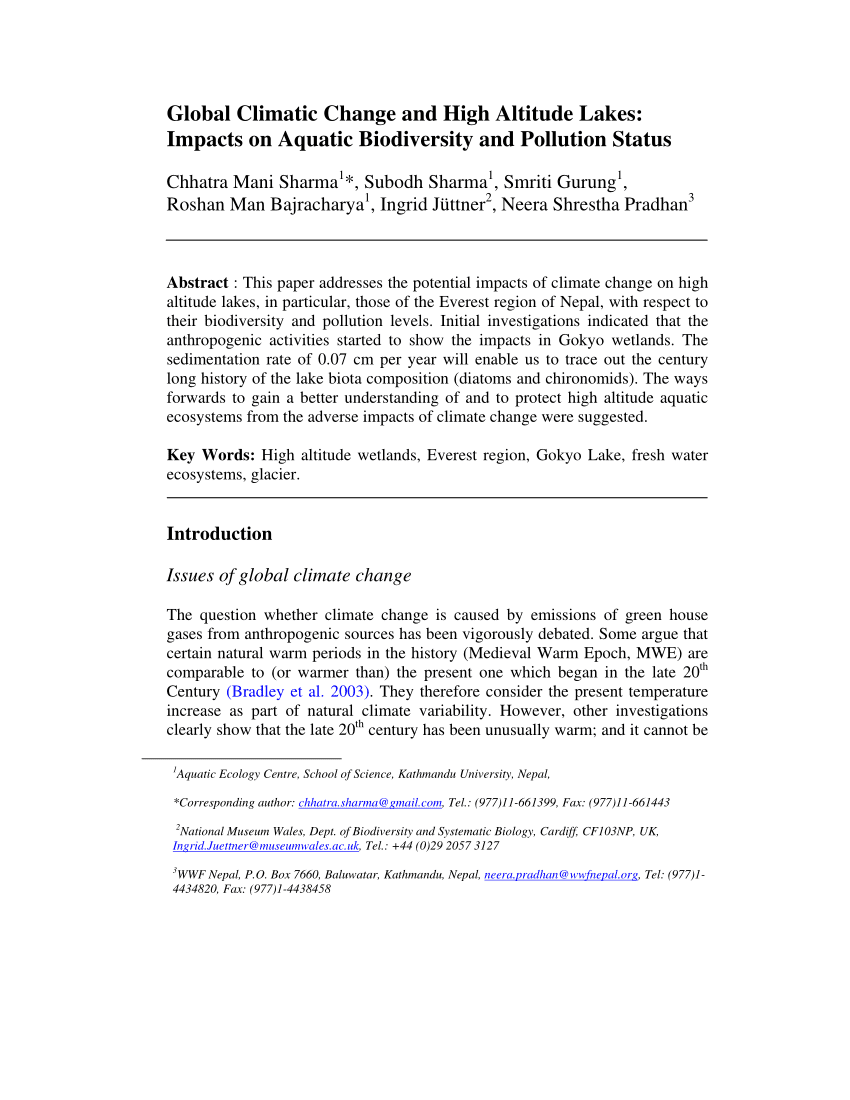A Heritage of Smallness Nick Joaquin (1) Society for Filipinos is a small rowboat: barangay. Geography for the Filipino is a small vague saying: matanda pa kay Mahoma; noong peacetime. Enterprise for the Filipino is a small stall: the sarisari. Industry and production for the Filipino are the small immediate scratchings of each day: isang kahig, isang tuka. And commerce for the Filipino is the very smallest degree in retail: the tingi. (2) What most astonishes foreigners in the Philippines is that this is a country, perhaps the only one in the world, where people buy and sell one stick cigarette, half a head garlic, a dab of hair pomade, part of the contents of a can or bottle, one single egg, one single banana. To foreigners used to buying things in carton or the dozen or the pound, and in large economy sizes, the exquisite transaction of Philippine tingi cannot be seem Lilliputian. So much effort by so many for so little! Like all those children risking neck and limb in the traffic to sell one stick of cigarette at a time or those grown-up men haunting the sidewalks all day to sell a puppy or lantern or a pair of socks. The amount of effort they spend seems out of all proportion to the returns. Such folks are, obviously, not indolent, but not being indolent is just obviously, not enough. Laboriousness just can never be the equal of labor as skill, labor as audacity, labor as enterprise. (3) The Filipino who travels abroad gets to thinking that his is the hardest- working country in the world. By six or seven in the morning, we are already up and on our way to work, shops, and markets are open; the wheels of industry are already grinding. (4) Abroad, especially in the West, if you go out at seven in the morning, you’re in a dead town. Everybody’s still in bed; everything’s still closed up. Activity doesn’t begin ’till nine or ten – promptly at five P.M. By six, the business sections are dead towns again. And entire cities goes to sleep on weekends. They have shorter working day, a shorter working week. Yet they piled up more than we who work all day and all week. Source: An excerpt from Montage: An Anthology in Philippine Literature in English A. Post Reading
Let’s Analyze
1. What is the essay all about?
Answer:
2. What astonishes the foreigners in the Philippines?
Answer.
3. Based on the text, when does a Filipino think that his country is a hard- working one?
Answer:
A Heritage of Smallness Nick Joaquin
- The essay is all about the Filipino culture of smallness, particularly in their perspective towards society, geography, enterprise, industry, production, and commerce. It also explores how this culture affects their laboriousness and enterprise.
- Foreigners are astonished by the fact that in the Philippines, people buy and sell small quantities of goods such as one stick cigarette, half a head of garlic, a dab of hair pomade, or one single egg, banana, or any other item. This transaction is known as “tingi,” which is the smallest degree in retail.
- Based on the text, a Filipino thinks that his country is a hard-working one when they compare it to other countries where shops and markets open later in the morning, and activity doesn’t begin until nine or ten, and promptly ends at five P.M. in the Western countries.


